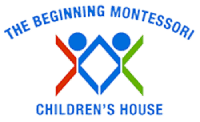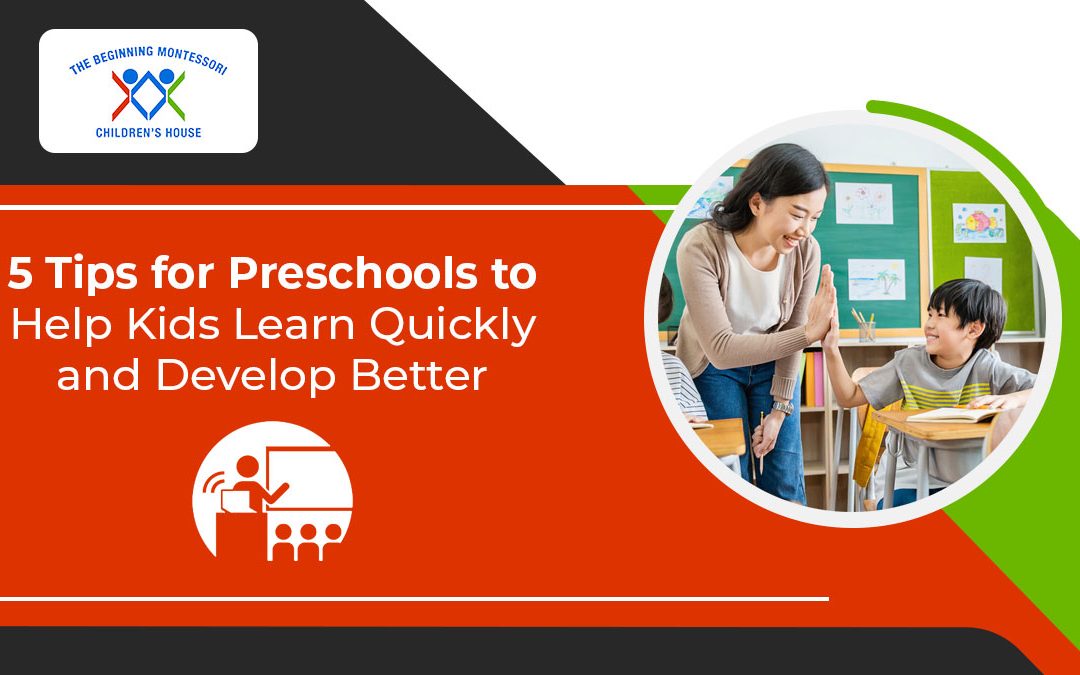The first time in a child’s life that they are away from the comfort and care of their parents is in a preschool. It is when children begin to acquire essential life skills, connect with classmates, and explore their senses. Early childhood development is greatly aided by preschools, which also assist pupils in laying a solid foundation for the remainder of their lives.
Go for a search “Best Montessori Preschool Near Me” that provides their kids a strong head start for lifelong learning by encouraging a love of learning and assisting them with their literacy skills (reading, writing, speaking, and comprehension). Kids’ education in preschool serves as the cornerstone for their continued development.
The Montessori Preschool Program is reshaping education through innovation to ensure the whole-child development of young children. They are conscious of the changing demands of today’s young learners.
- Using The Outside Environment To Teach
Learning shouldn’t be limited to a classroom’s four walls. Students should be connected to the actual world to understand better the teachings being taught.
Students’ attention can be piqued, and their involvement in academic pursuits increases by incorporating real-world learning or planning field trips for nature-related topics. Some teachings, such as those regarding animals, birds, colors, and vegetables, are better taught outside the classroom to pique pupils’ attention.
2. Using Play-Activity Boxes To Teach
Children should be given educational activity boxes instead of toys to play with. Children can create new objects, discover new ways to overcome obstacles learn lessons by carrying out specific tasks through these play-based educational activities.
The Montessori Preschool Program is supported in a fun and exciting way by this type of unstructured play and experiential learning, specifically created to enhance and engage young minds.
3. Building EQ Is Just As Crucial As IQ
Identifying, comprehending, and managing emotions is known as having an emotional quotient (EQ). Studies show that having low EQ can lead to aggressive behavior, anxiety, despair, poor academic achievement, etc.
As a result, teachers should emphasize EQ development and IQ development because it helps students control their emotions, enhances academic performance, and lowers anxiety and behavioral issues.
4. Role-play
According to the Montessori Preschool Program, one of the most beneficial and enjoyable hobbies for youngsters can be role-playing. Children’s role plays help them learn, focus, and use their imagination.
During role plays, kids can pick up a lot of new abilities and improve their emotional expression. It helps individuals to put themselves in the roles of fictitious characters and behave as they would in real life.
Children can learn about seasonal events, real-world circumstances, and careers through role play.
5. DIYs For Kids
Children should have the chance to express their creativity through crafting paper dolls, kaleidoscopes, toy vehicles out of recycled bottles, and other crafts. Simple supplies should be provided, and they should be asked to make something.
Kids can be inspired and engaged by DIY projects, which also contribute to their general development as learners.


